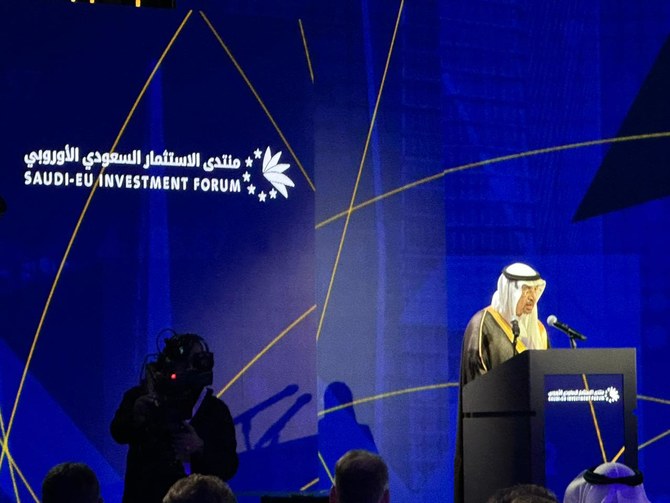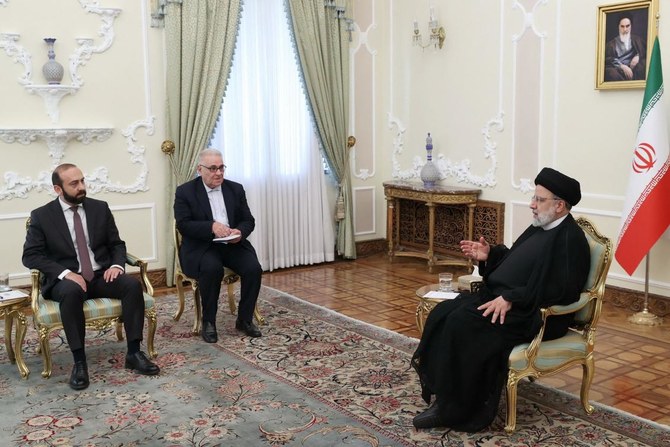In a resounding endorsement of the burgeoning economic ties between Saudi Arabia and the European Union (EU), Investment Minister Khalid Al-Falih declared that the Saudi-EU collaboration is pivotal to the Kingdom’s ongoing economic transitions, positioning the Gulf nation to fulfill Europe’s needs in an unparalleled fashion. Speaking at the Saudi-EU Investment Forum’s opening session in Riyadh, Al-Falih emphasized the immense potential for investment and trade cooperation between the two regions. This collaboration comes as a beacon of economic hope, with over 1,300 European companies already investing in Saudi Arabia and strong indicators of robust growth in foreign direct investments from the EU. In this report, we delve into the multifaceted aspects of this partnership and its far-reaching implications.
Saudi-EU Collaboration Unlocks Unprecedented Investment Potential
Minister Al-Falih highlighted the Kingdom’s unique appeal for European businesses navigating challenging economic transitions. He underscored Saudi Arabia’s role as a harbinger of political and economic stability, a critical resource in a world grappling with uncertainty. The Minister proudly stated, “For European companies trying to navigate through this period of challenging transitions, the Kingdom offers unmatched political and economic stability.” This stability acts as a magnet, drawing both domestic and foreign investments to Saudi Arabia, an essential driver of economic development and prosperity.
Furthermore, Al-Falih revealed that over 1,300 European companies have invested in Saudi Arabia, reflecting the mutual trust and confidence in the Kingdom’s business environment. These investments span across various sectors, showcasing the diversification and quality of outbound and inbound investments. This synergy forms the cornerstone of economic resilience and growth in both Saudi Arabia and the EU.
Robust Trade Growth Highlights Strong Relations
Trade between Saudi Arabia and the EU surged to an impressive 80 billion euros ($84.8 billion) in 2022, marking a substantial 30 percent increase from the previous year. This data underscores the strength of the relationship between the two economic powerhouses. European Commission Executive Vice President Maros Sefcovic noted, “The EU and Saudi Arabia share an interest in continuing interactions on multilateral trade policy agendas, including the World Trade Organization.” The commitment to multilateral trade paves the way for more significant economic collaborations in the future, ensuring the sustained growth of both economies.
Sefcovic also unveiled an exciting prospect – the creation of a European Chamber of Commerce in Saudi Arabia, a pioneering initiative in the region. This new institution promises to further strengthen economic ties and foster cooperation. The EU’s eagerness to engage not only with Saudi Arabia but also the Gulf Cooperation Council (GCC) countries underscores the EU’s broader strategy of enhancing trade and investment flows to support business environments’ stability.
Fostering Stability and Prosperity through Diplomacy and Economic Development
The Saudi-EU Investment Forum highlighted the indispensable role of a stable and secure environment in fostering economic growth and prosperity. Such an environment significantly reduces risks, bolsters investor confidence, and attracts both domestic and foreign investments. Luigi Di Maio, the EU’s special representative for the Gulf region, emphasized the importance of predictability and stability in the realm of investments and economic development. He declared, “This is why the EU stands ready to support all the diplomatic efforts and initiatives, such as those led by Saudi Arabia or other nations in the region.”
The event, attended by over 1,000 representatives from the public and private sectors, brought together CEOs of major companies from both Saudi Arabia and EU member states. Riyadh Air CEO Tony Douglas highlighted the aviation sector’s role in bridging economic ties between regions and the broader significance of national carriers in a comprehensive national development plan, such as Vision 2030.
Ambassador Haifa Al-Jedea, head of the Saudi mission to the EU and the European Atomic Energy Community, emphasized the wealth of mutual interests and investment potential in green hydrogen, renewable energies, green technology, as well as sectors like mining, entrepreneurship, biotech, and raw materials. These areas hold substantial promise, heralding a future of stronger cooperation and prosperity between Saudi Arabia and the EU.
















